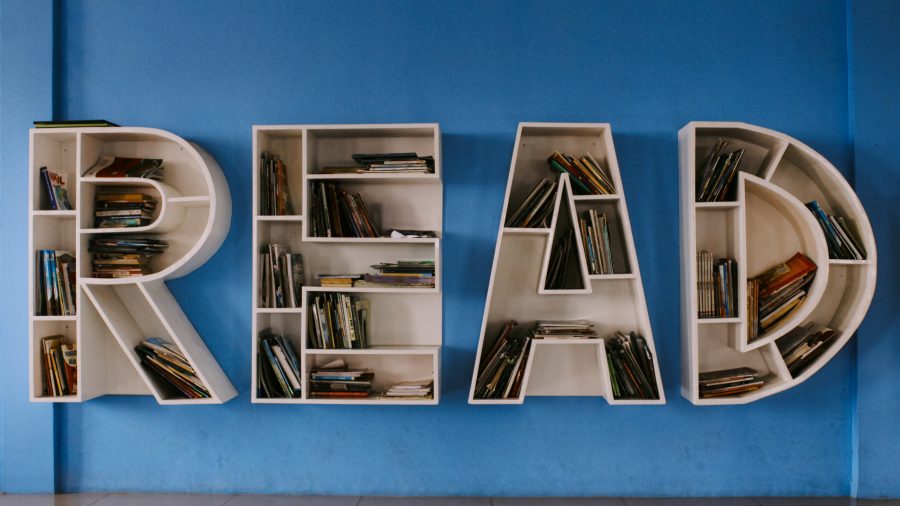26 Sep Why doesn't my child like to read?

Why doesn't my child like to read?
Why doesn't my child like to read? What does it need to be able and willing to read? You could say that you should know the letters, it should be an exciting story and off you go.
This is true in itself, but in order for the letters to be recognized and stored at all, it is worth taking a look behind the scenes. "One thing is certain: there is no innate system for reading in our brain. (...) Our brain is the same as that of our ancestors who lived 20,000 years ago. (...) We read and write with a brain that is therefore not specifically designed to do so" (Prof. Lauren Cohen, neurologist, Hôpital de la Salpetière).
Put simply, we have only one area in the brain for symbols. And no area for reading, writing or calculating. Before that, there was the area for movement. If the control of our movement is coordinated and thus automated, the way is free for thinking. Balance (physical, mental, emotional), movement and thinking are closely related.
Overview:
- How we learn to read
- Reading means cinema in the head
- Foundation for a satisfied life
- Reading disability - a taboo subject in our society
Reading - a basic competence and a basic need_M-8 Evolutionary pedagogy

How do we learn to read?
Visual perception is the central ability. The word image must be recognized, recorded and decoded. This requires two processes that must occur simultaneously. The phonological process, which is responsible for the reconstruction of the word, and the semantic process, which unlocks the meaning of the word. We hear the words we read and imagine something under them. For this to happen smoothly, there needs to be a smooth transition between the right and left hemispheres of the brain. The brain bar must be overcome in order to be able to read.
Reading means cinema in the head
If the visualization ability is blocked, we switch to hearing. However, this auditory perception is of little help to us in the German language, which is less phonetic than, for example, the Italian language. This gets us into trouble especially when writing. So Vase quickly becomes 'Wase'. Seeing, hearing and moving as well as the cognitive prerequisites such as perceiving, processing, remembering and structuring are the basic prerequisites for learning to read, write and calculate.
Foundation for a satisfied life
Reading, writing and arithmetic are the basic skills for a satisfied and successful life. We learn these skills in elementary school and they form the foundation for the rest of our lives. That is why these first years of school are very important. After all, the experience gained during this time is crucial for how we deal with our cultural techniques of reading, writing and arithmetic and for our further approach to learning.
It pays to be mindful. A reading weakness and a resulting reluctance to read quickly affect other subjects. Observe your child to see what prevents him or her from discovering new things behind the covers of books. Always start experiments with different materials and try to model it yourself. It is important for the child to learn that reading is not a hurdle to discovering new things for himself. Books also consist only of words and these only of 26 letters. Reading is the key to the toolbox of life. It is learned in elementary school, but practiced and trained so that it can become automatic and thus bring joy, it is learned in leisure time at home.
Reading disability - a taboo subject in our society
The horror is always great when we see how high the percentage is in our society that has problems with this cultural technique. People who have difficulties with it are afraid to admit it. Schools also find it difficult to deal with these figures and reject responsibility. Reading is a basic prerequisite for being able to acquire other later skills at all. It is therefore all the more important to ensure in one's own environment that this necessary tool is experienced and trained in a playful way so that it can bring long-term enjoyment.


